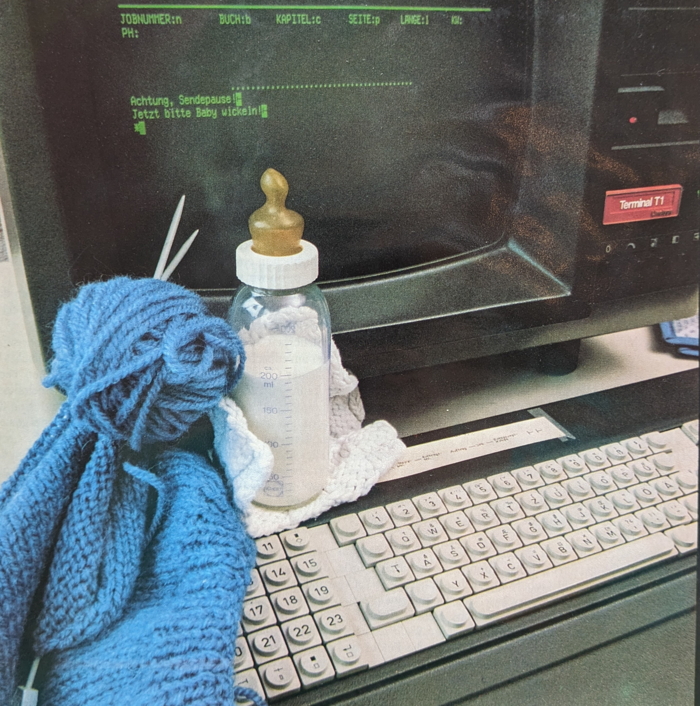Digital Inequalities. Divides, Hierarchies, and Boundaries in Germany, 1970s to 1990s
The "digitalization" of living and working environments is one of the most prominent features of our present day. At the same time, the current order of the digital age is the result of long-lasting and controversial negotiation processes. From the perspective of the 21st century, the social changes in the dawning computer age from the 1950s onwards can be understood as an epochal threshold that brought about fundamental political, social and cultural change as well as the emergence of new orders of knowledge, logics of action and modes of communication. Most recently, this epochal change was described as the path to a new, "digital society".
To this day, this path to the "digital society" with its far-reaching social, political, economic and cultural effects is often told as a story of emancipation. However, this process has also given rise to new dividing lines and hierarchies that reproduce or exacerbate social inequalities and power imbalances. The joint project aims to address these hitherto little-discussed dark sides of digitalization and explore how the partially hidden biases of technological systems affect the world of work, gender relations, the education system and migration regimes. To this end, the research network will examine the discourse and practice of "digital inequalities" - using the example of the German-German case, in a transnational perspective - from the 1970s onwards.
The Leibniz Center for Contemporary History Potsdam is home to three research projects led by Michael Homberg that are dedicated to the boundaries, fault lines and rifts of the "digital society". These include Johannes Kleinmann's project on the digital transformation of working environments and the doctoral projects of Lennart Schmidt on digital borders and Nina Neuscheler on gender-related digital inequalities. Tim Schinschick's project on digital technologies in the context of schools is based at the GEI.

A Class of Experts. Computer Work and its Hierarchies
The research project analyses how new computer experts in West Germany challenged established corporate hierarchies, procedures and work processes and thus constituted themselves as a new class between the 1970s and 1990s

Computer education for all?
Educational policy and pedagogical visions of computer education in general education schools in Baden-Württemberg, 1977-2004 (Tim Schinschick)

Gender-related digital inequalities
New technologies, old barriers - computers and women (Nina Neuscheler)

Digital Borders
and the emergence of a digital migration system in Germany and Western Europe from the late 1960s to the early 21st century (Lennart Schmidt)

